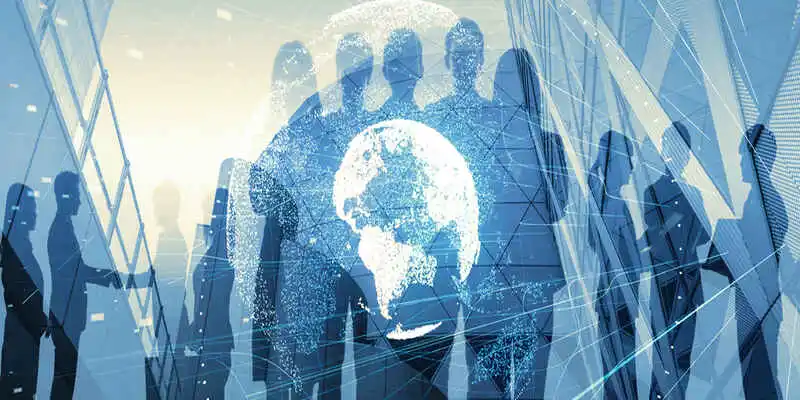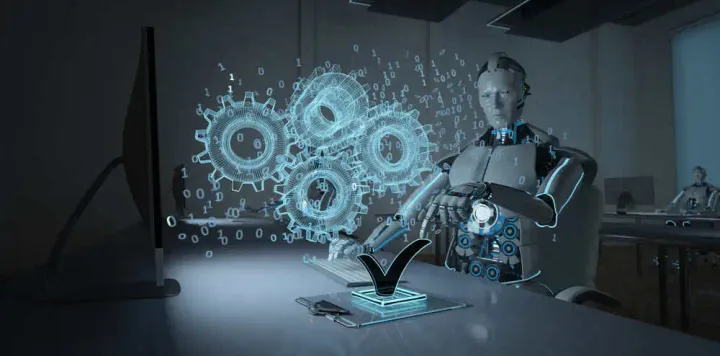Is the advancement of AI in accordance with the best long-term interests of Humanity?
AI advancements in digital technology are growing, and today we have far more technical capability than we had in the 90s, with the potential to expand even quicker in the future. Is, however, the continuance of AI growth in the best interests of humanity?
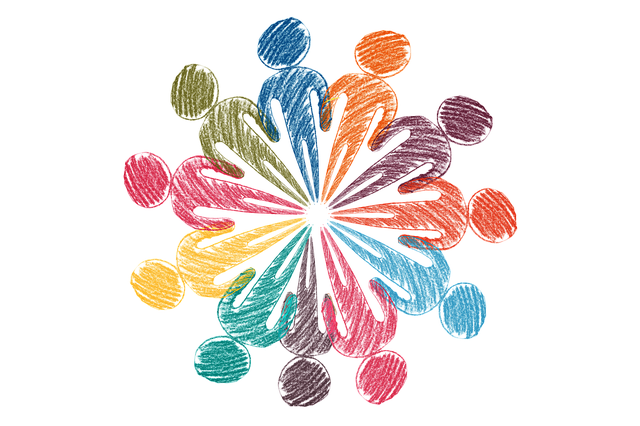
Artificial Intelligence (AI) in digital technology is growing at a breakneck speed for the last few decades and today we have considerably more technological power than we had in the 90s and it is projected to grow at an even faster pace in the future. Throughout the history of humanity, technological improvements like electricity at homes and automobiles have elevated the human condition. Similarly, the continuation of AI progress is likely to contribute to deep social and economic changes.
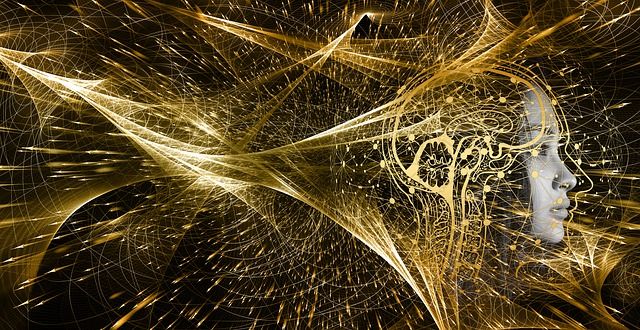
AI has vast potential to serve society, bringing more fundamental innovations for humans in the coming future. It has been deployed on a large scale and has a high impact on our work and daily life. It is an incredible force for economic growth and individual empowerment. AI, the most transformational technology at present has the potential to elevate humanity because machines can help people solve more complicated and significant social problems, but at the same time, AI is considered a threat for humanity by some fear-mongers. In this article, we will discuss the continuing progress of AI and its far-reaching impact on human interests.
AI: a Better off for the long term Interests of Humanity or Not?
The digital era has seen significant breakthroughs in the field of artificial intelligence. It is enhancing human capabilities and disrupting old human activities. Code-driven systems have reached over half of the world’s inhabitants offering unimagined opportunities along with unprecedented threats. As emerging algorithm-driven AI continues to progress, the question arises, will it be better off for the long-term interests of humanity? Around 979 technology pioneers, developers, innovators, business and policy leaders, activists and researchers answered this question in a debate of experts in 2018 conducted by PeW research and Elon University. All respondents in this non-scientific debate were asked to explain why they felt AI would have a positive or negative impact on humanity. 63% of respondents were hopeful that AI will leave a positive impact on the long-term interests of humanity while 37% opposed this prediction. Many experts shared deep worries while many suggested pathways towards solutions. According to the majority of experts, the “smart” systems in communities, vehicles, buildings, utilities, business processes, and on farms will save time, money, and lives and will offer a lot of opportunities for individuals to enjoy a customized future.

Hence, AI is the most debated technology of the digital era with two distinct approaches regarding its impact on humanity. Whether it would stay under human dominance and serve humanity or is going to surpass it. Let’s have a look at these approaches regarding the AI-based future of humanity:
Pessimistic Approach
The pessimistic approach is an outcome of absolute fear of the unforeseen potentials of AI. No one can confirm where the exceptional progress in AI technology is going to lead in the future. The pessimistic approach is associated with a dystopian future where AI will be seen overruling the human world. Experts having a pessimistic approach have concerns that AI will ultimately replace human beings on account of its exceedingly overpowering as compared to weak human capacities.
Optimistic Approach
Most of the experts have an optimistic approach to AI and consider it a medium to take humanity to the next level of innovation and progress. Experts believe that AI will continue to boom as a progressive and beneficial technology for the human race. This approach derives from the hope of a better AI-associated future where AI will be having a positive impact on the well-being of humanity.
AI, ML and DL have the potential to boost productivity beyond human imagination and are bringing mind-blowing results. AI experts believe that there is still too much to be explored by AI.
An associate professor at a well-known university in Israel states that in the coming twelve years AI will enable all professions to perform their tasks more efficiently, in particular those involving “saving life” such as healthcare, policing, and even warfare. In other professions as well, AI would offer personalized experiences, e.g., education based on the intellectual abilities and needs of the individual student.
AI Progress in compliance with the Human Interests
Concerns regarding the potentially dark side of AI are one thing; however, these fears are balanced by some astounding potential benefits poised by AI and ML. Let’s discuss some notable interests of humanity and how AI is influencing these interests:
Human Comfort / Quality of Life
AI can pose a great relief to humans from doing various mundane tasks. At present, AI-powered robots can perform multiple automated tasks with great ease, without any constant human intervention, thus freeing up humans from performing tedious tasks. At factories, ML, DL, and other AI technologies are being used to reduce the human workforce in assembly, packaging, HR, and customer service areas. Automation has reduced many labor level jobs and both employee as well as operational costs substantially. A pretty good example of AI wonders in improving the automation level is Okuma, the Japanese machine tool builder. In 2018, the Japanese highlighted massive innovations to demonstrate the future of smart manufacturing. At home, several AI applications are doing wonders in enhancing our quality of life. AI-powered “smart homes” is an example. Today, smart home automation enables us to live our lives in luxury and high-tech functionality that was not possible in the past. As technological advancements pursue to expand, home automation will make human lives easier and more enjoyable. Home automation makes the home functions remote controlled with increased energy efficiency and improved appliance functionality. It also maximizes our home security.

Human Safety
AI ensures human safety with its developments at multiple levels. Many hazardous tasks have great risk factors such as defusing a bomb, exploring another planet, mining for oil and coal, exploring the deepest parts of oceans, etc. You must be aware of the Ukraine explosion in Chernobyl nuclear power plant in April 1986. At that time, there did not exist any AI-powered robots that could help to minimize the radiation effect by controlling the fire at the initial stages. In that calamity, any human getting close to the fire was found dead in a matter of minutes. They eventually had to pour boron and sand from helicopters to control the fire. However, this explosion resulted in the loss of thirty lives. So the AI progress in the form of AI robots to do hazardous tasks is going to be extremely helpful for human safety.
California witnessed major devastation in 2017 as a result of wildfires. This wildfire resulted in the burning of over 222,000 acres of land, over 35 deaths, and the loss of roughly 5700 homes. All of this caused a loss of $3 billion to $6 billion. Similarly, in Australia, the large-scale wildfires between 2019 and 2020 caused massive land and homes damage and loss of lives.
Keeping in view the increasing threats of such extreme weather events, a great number of organizations and government authorities are embracing AI to help fight such catastrophes with algorithms and satellite data. AI has the potential to build smart disaster responses and provide real-time data of weather events and disasters. Furthermore, it could offer before-time warnings to safely evacuate people in danger zone. Thus AI-enabled disaster response helps in saving valuable time and lives.
Crime Control and Law Enforcement
AI is being used worldwide to reduce or avoid crimes and for quick response to crimes in progress. The idea behind this is that the crimes are relatively predictable; we just require a gigantic volume of data to find patterns that are helpful to law enforcement. This type of data analysis was impossible a few decades ago, but the recent developments in ML are proving to be very useful in controlling crimes.
Governments and companies across the globe are now interested in applying AI techniques for criminal justice. United States, in 2010, spent over $80 billion on incarcerations at the local, federal, and state levels. According to an estimate, the US spends $100 billion per year on policies for law enforcement.
With the help of AI, the gunfire, as well as the location the gunshot came from can be detected easily. Multiple sensors detect the sound of a gunshot and machine learning algorithms triangulate the location of the gunshot by comparing data such as noise level and echo, etc. The company Shotspotter using AI to detect gunfire claims that it is being used in more than 90 cities of the US including, New York, San Diego, and Chicago. Most of its clients are in the US, South Africa, and Cape Town.
AI security cameras are another invention to control crime. A Chinese company Hikvision, announced to use of chips from an Intel Company Movidius to create a camera that could run deep neural networks to control crimes. They claim that the new cameras would be able to scan for license plates on cars, run facial recognition to find potential criminals, and detect suspicious anomalies automatically such as unattended bag detection. Hikvision claims that it can achieve 99% accuracy by the use of its advanced visual analytics applications. According to Hikvision, in Seapoint, South Africa, the crimes rate dropped to 65% by the use of their camera system.
The goal of any society is not just to catch the criminals but to avoid crimes happening in the first place, and AI is projected to be very helpful in this case as well. Prepdol, a company using ML and Big Data claims that by analyzing the data on past crimes, it can predict the time and location of a crime before it happens. The company claims that a 22% drop in residential burglaries was reported in Tacoma, Washington, soon after adopting this system. AI can also predict who will commit a crime by the use of facial recognition. The system detects any suspicious changes in the behavior of people or some unusual movements, indicating a potential criminal.
Hence, with the help of AI, the way we expose criminal activity and decipher crimes will be improved with AI.
National Security
AI has great potential to support many security initiatives, such as cybersecurity and counter-terrorism, at the national and international levels. The overwhelming amount of data is crucial to support national security. The sources include unstructured data from social media and fringe and mainstream platforms and deep and dark web data.

AI applications in defense depend on training data from multiple inputs including aerial photography, technical cybersecurity feeds, or physical sensors data. From these databases, a data scientist can develop ML models to detect cyber-attacks automatically, monitor on-the-ground activities of the enemy, direct autonomous vehicles, and support a plethora of many other national security strategies.
New Job Opportunities
For the fear-mongers, the top concern for the past few years has been: “AI and Robots will destroy jobs for humans”. This is more fictional rather than fact. Although AI will take away many jobs from humans, it will generate a demand for new job opportunities as well. According to PwC, from 2017-2037, AI will create around 7.2 million new jobs.
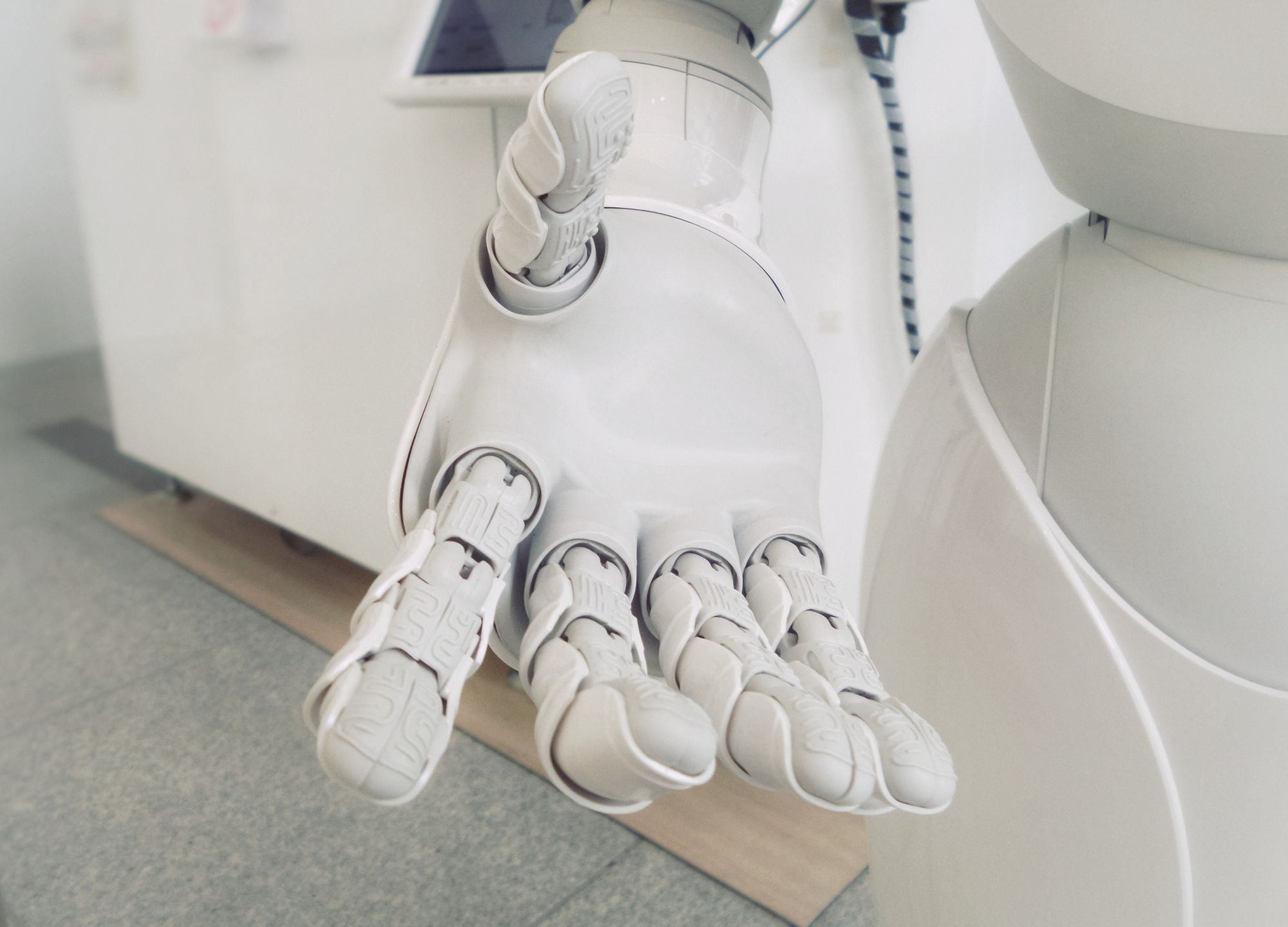
For AI to perform properly, humans will be required to check, improve and manage the work. According to World Economic Forum (WEF), the new job positions will demand additional skills to manage the interface between humans and technology. For instance, the increased demand for AI-powered robots will offer a lot of job opportunities for AI robotics engineers. Andy Peart, Chief Strategy Officer at Barcelona, Spain-based Artificial Solutions, believes that while AI could threaten unskilled jobs, it will also create various jobs requiring new skill sets. For example, many positions are already generated around AI, like AI trainers, individuals to assist data science, individuals with capabilities related to modeling, machine learning, computational intelligence, psychology, mathematics, linguistics, and neuroscience, etc.
Achieving Sustainable Development Goals
Society has and is expected to pursue to get benefits from AI applications in the future. AI has a great number of significant applications to help speed up progress to achieve the UN’s Sustainable Development Goals (SDGs).
With the help of AI, new services are made possible in multiple domains important for SDGs – for instance:
In healthcare, there is a lot of scope for AI applications. It offers remote health checks and follow-up tools. According to PwC, healthcare would be one of the greatest winners from AI. In the future, AI-based healthcare would be available on-demand for everyone.
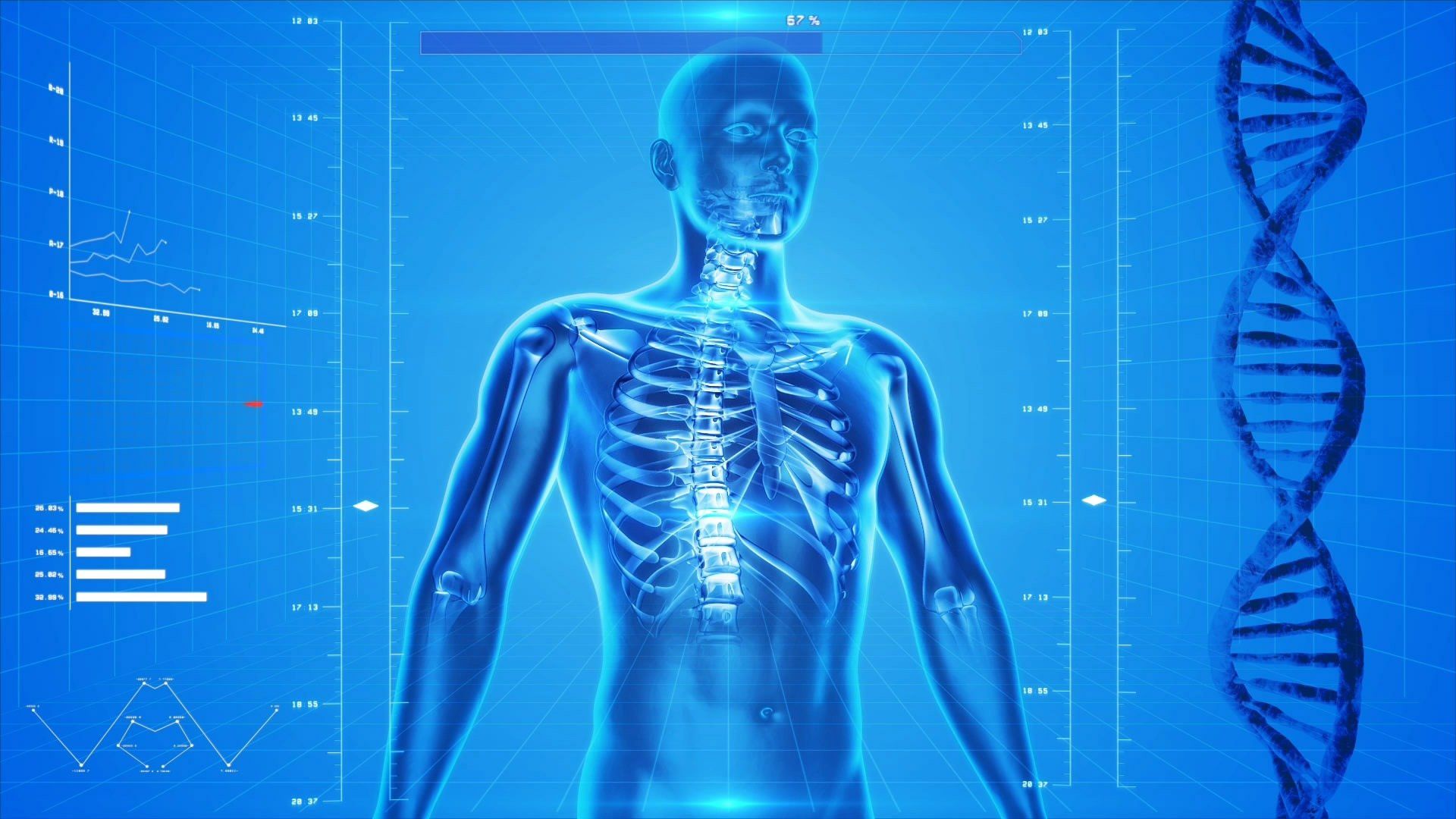
AI can analyze huge databases to get insights from a great number of patients, with improved diagnosis and predictive analysis. Recently, AI has also been applied to diagnose COVID from lung scans or to distinguish COVID cough from other general coughs. Hence, AI has the potential to get healthcare systems improved by optimizing workflows in hospitals, assisting in more accurate disease diagnosis, optimizing clinical decision-making, and providing better treatments and intensive care at a lower cost. Image-based diagnosis helps doctors better treat their patients. Healthcare services will be better as an AI wearable can monitor patients 24/7.
Many experts have optimistic remarks on healthcare and are enthusiastic about the role of AI in contributing to public-health programs built with massive data from personal genomes to nutrition. With better diagnostic capabilities, AI can have a dramatic far-reaching influence in the healthcare sector. AI can minimize operating costs and save money. McKinsey predicts an annual saving of $100B in medicine and pharma by the use of Big Data.
In education, AI tools are being applied to monitor pupils’ attention or to conduct emotional surveillance to find out the comfort level of children while learning certain subjects. In many countries, AI is used to create personalized testing tools to detect weak areas and help students improve.
In finance, AI is being used to get insights and support with accounting and investment by revealing new data patterns that could be helpful with micro-investments to combat poverty and to introduce new infrastructure and financial services.
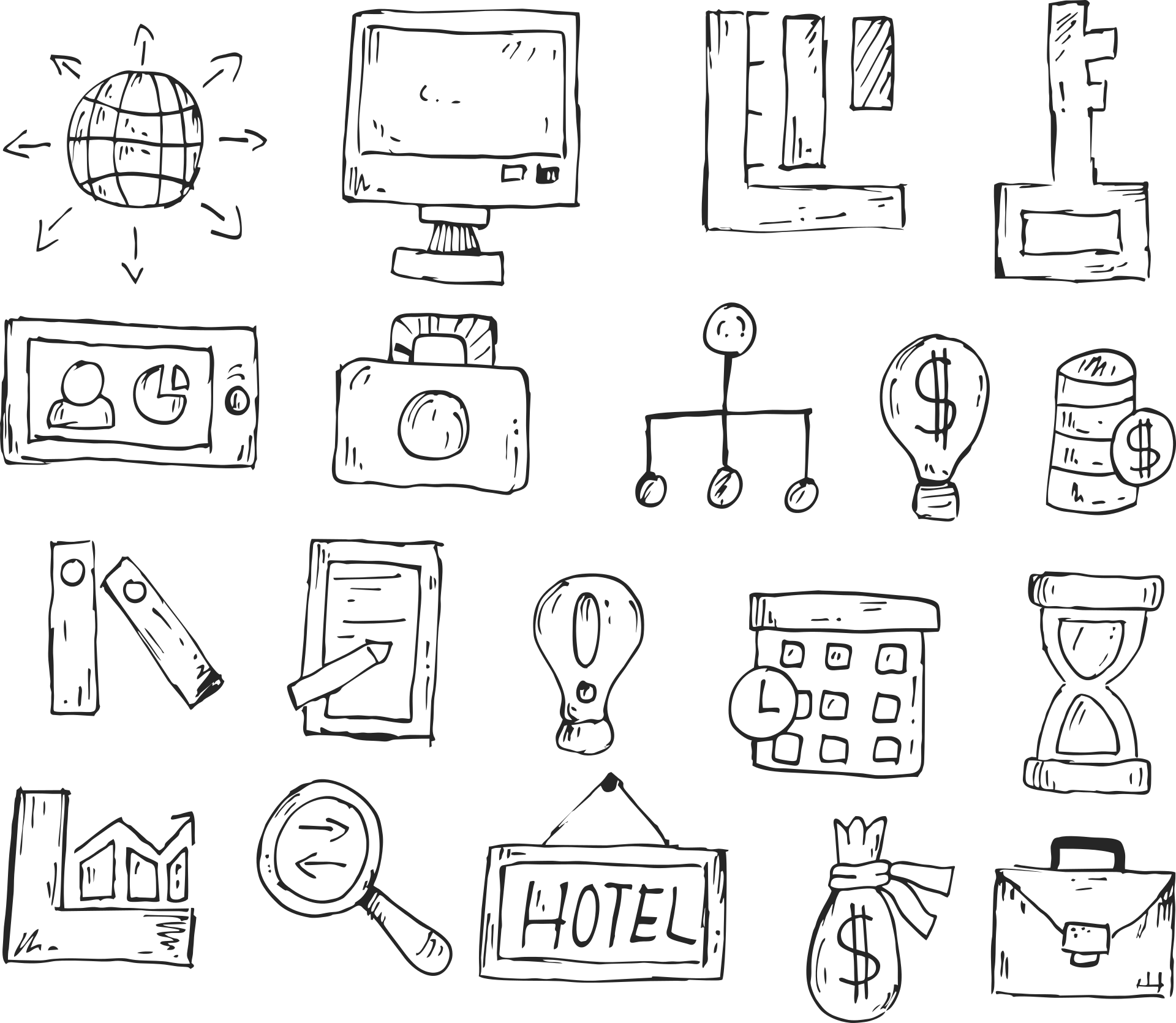
In manufacturing, the use of automation, the Internet of Things (IoT), and extensive robotics have revolutionized factories, and warehouses worldwide, enabling more efficient manufacturing, production, and distribution.
In transport, AI is being used to develop fully autonomous vehicles along with autonomous driving systems (ADS) that are being used to steadily enhance the skills of driving and navigation through self-learning programs. It also helps in managing the real-time traffic through urban spaces.
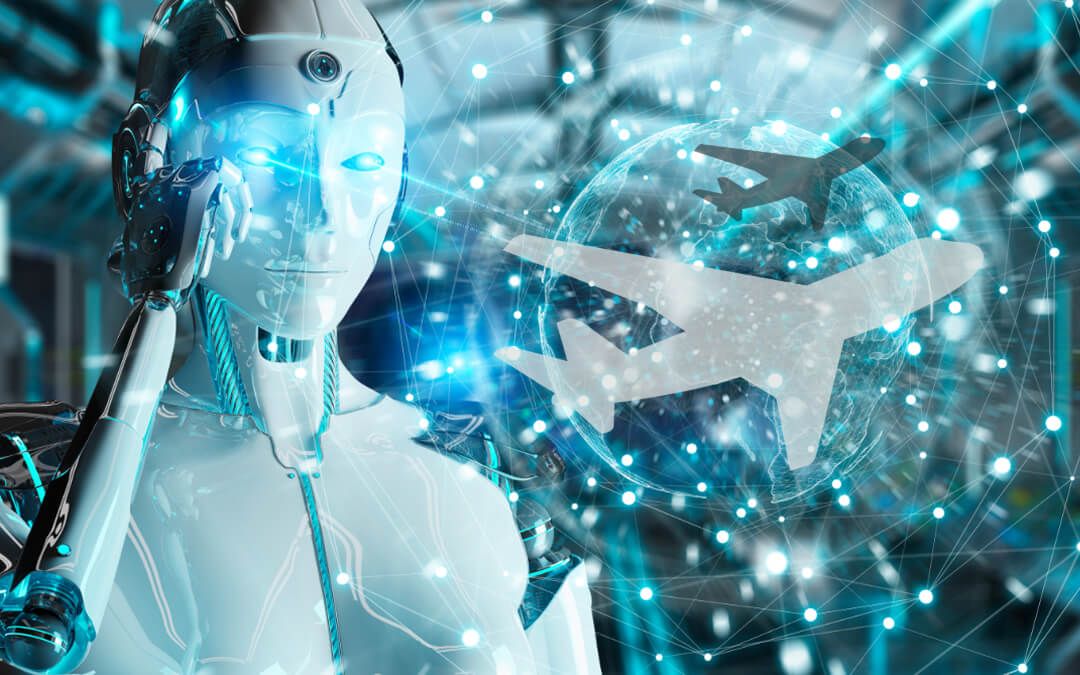
In agriculture, AI is being used in farm management and to make predictive analyses based on data from soil, crop, and weather to optimize the use of resources (fertilizer, water, etc.) and to support decision-making. AI also helps in detecting pests and diseases by analyzing plant images and data on livestock behavior. Automation and agricultural robots are considered helpful to save labor in many resource-consuming tasks.
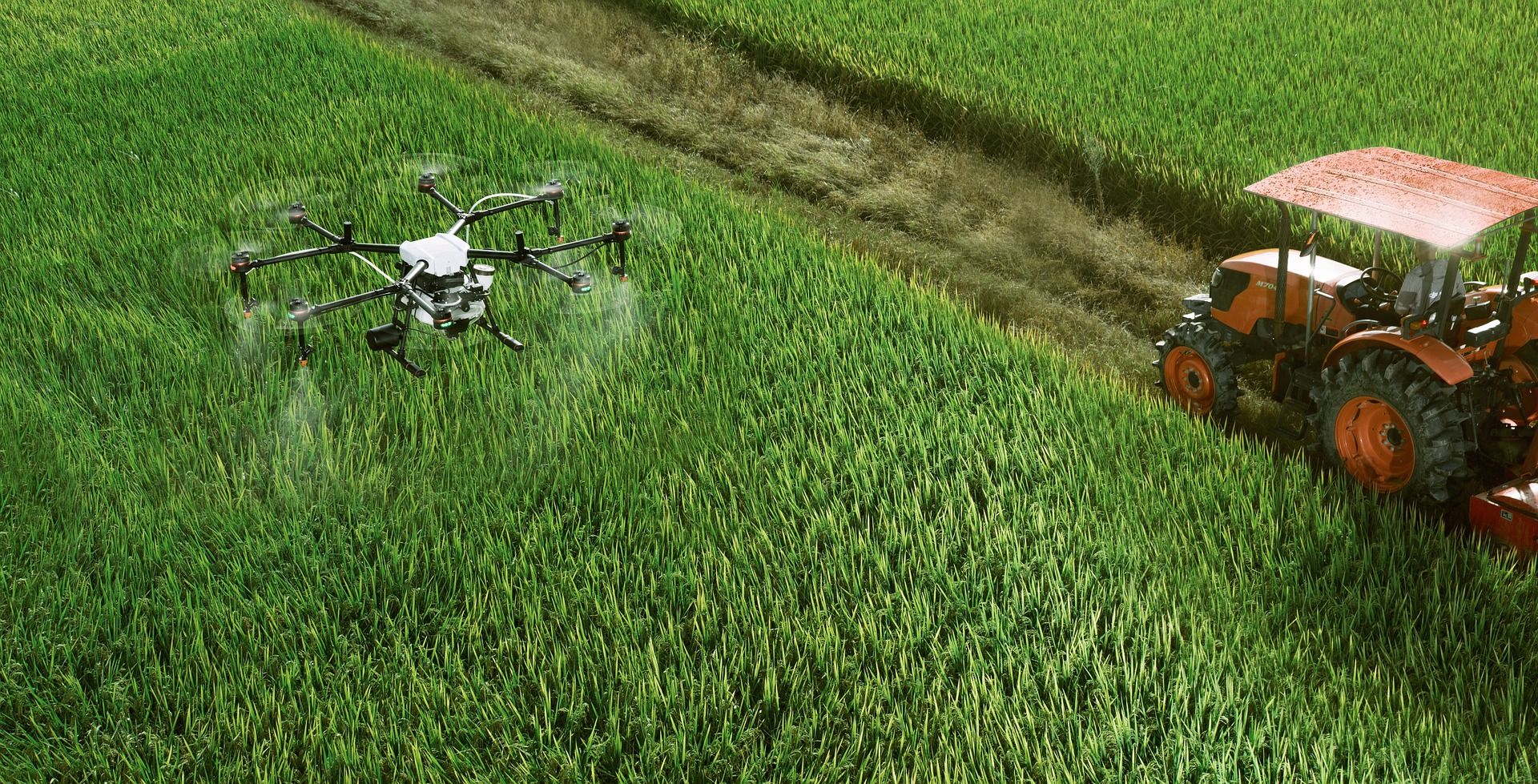
Having an overview of AI features and their benefits allows us to have a vivid understanding pointing that AI progress will lead humanity to a new era of success. Humanity is expected to prosper with artificial intelligence to new dimensions.
Concerns about AI
There has also been considerable debate regarding the risks associated with AI to humanity. Experts are even concerned about AI taking control of humans to an extent where it could be detrimental to humanity. Experts have also shown concerns for the unforeseen consequences that might occur with the development of Killer Robots.
There have also been allegations of AI being used to manipulate elections. Moreover, AI also raises issues that are against fundamental human rights such as privacy and freedom of expression.
In short, AI implications whether positive or negative have captivated experts and researchers alike for many years.
Principles to use AI
The threats of AI replacing human intelligence and the idea of a killer robot can be regarded as just suppositions for now. AI’s influence has been more positive and beneficial for humanity so far. Moreover, scientists and experts have set some principles on AI development to avoid its negative impact on the interests of humanity in the future. For instance, there are some “Laws of Robotics” followed by all AI experts and scientists to resist the loss of human control at any level. These policies or principles and laws ensure us that AI will be kept to act sensibly and would not take over or dominate the human race. AI-based technologies offer more opportunities if developed in compliance with the universal norms, standards, and ethics.
Final Thoughts
AI has already superhuman performance in many domains, and there is little doubt that its capabilities will improve significantly with time. I think it is more likely that we will use this technology to make this world a better place to live in. For instance, we can use this technology to eliminate global poverty, improve human safety levels and law and order situations, reduce diseases and offer better education to virtually everyone on the planet. Hence, being an optimist, I believe that AI progress is leading towards the best interests of humanity and will ultimately improve the quality of life. However, this progress could be challenging somehow as AI and ML can be used to develop even more horrifying weapons resulting in a dystopian future where many human basic rights could be violated. Neither outcome is unavoidable, so the question here is not “What AI would do for humanity”? But “What we will choose to do”? There is a need to work aggressively at all levels, from government, to companies and to individual choices, to ensure that AI technology matches our values and has a far-reaching positive impact on human interests. Artificial Intelligence, when used sensibly to stay away from abusive consequences, has the potential to elevate humanity like never before.


